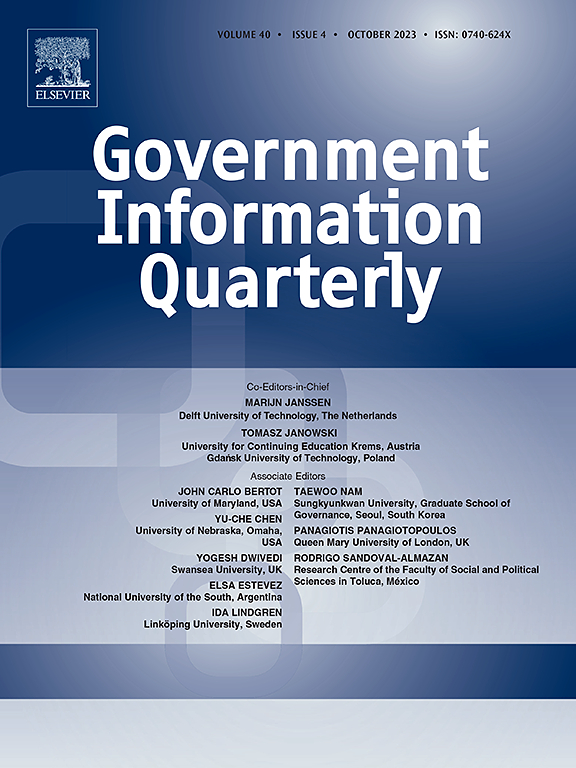The role of digital technologies in global climate negotiations
Abstract
Digital technologies are increasingly used in global climate negotiations to enhance interaction and participation. However, global climate negotiations are characterized by paradoxes and tensions that complicate the resolution of the problem. Thus, the use of digital technologies can only be effective if orchestrated with an understanding of underlying global climate negotiations paradoxes. The objective of this paper is to identify research needs related to the intersection of global climate negotiations, paradoxes, and the use of digital technologies. We propose a research agenda based on paradoxes of global climate negotiations at different levels of online interaction. Two streams of research inform our research agenda: paradox theory and research on online communities. We illustrate our reasoning by discussing digital support for the United Nation's Conference of the Parties (COP) meetings for climate negotiations. The research agenda contributes to the digital governance field by sensitizing the community of the underlying paradoxes in global governance. The combination of online communities research and paradox theory offer novel guidance on complexity and potential challenges when applying digital technologies in global climate negotiations. Our research agenda can be used to develop appropriate response strategies as it highlights challenges in need of attention.

 求助内容:
求助内容: 应助结果提醒方式:
应助结果提醒方式:


